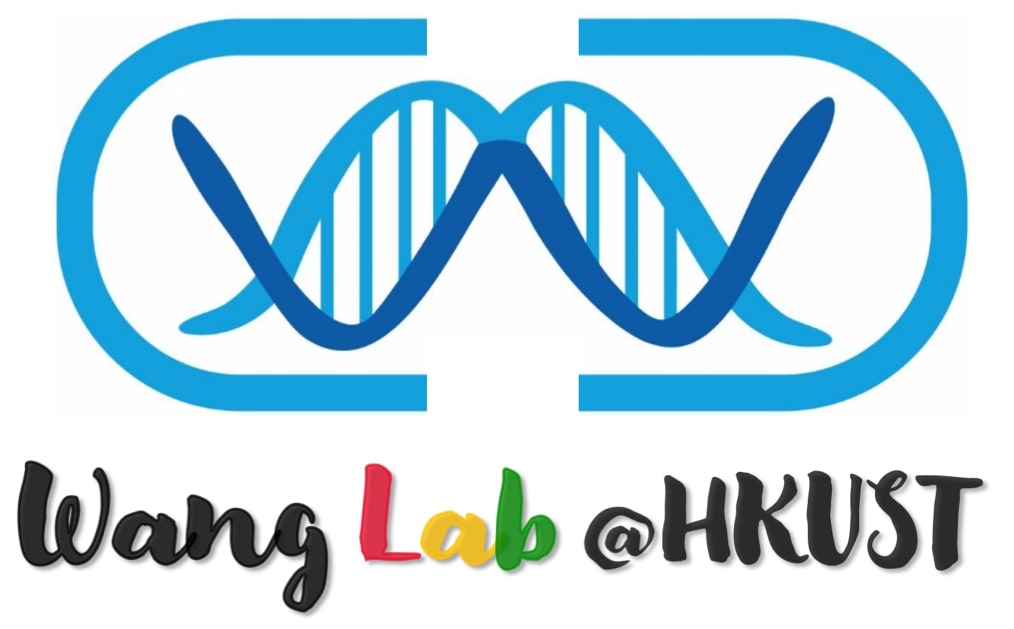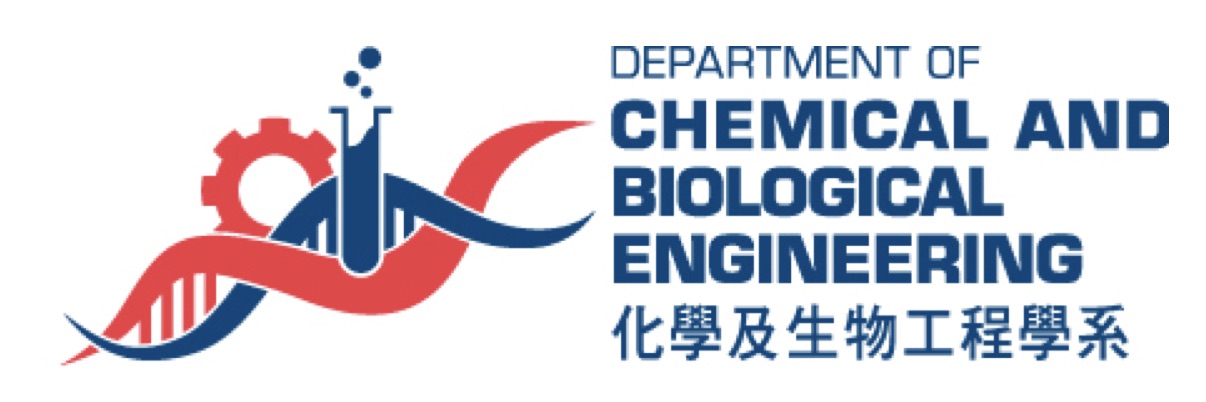
Yanbing WANG (王雁冰)
Research Assistant Professor
2024.2.19 -- present, PhD in Biostatistics, Boston University
Yanbing WANG joined the group as a Research Assistant Professor. She received her Bachelor’s degree from Kent State University, Master’s degree from Brown University, and Ph.D degree from Boston University in 2021. She completed her post-doctoral training in HKU and then joined Wang’s lab since February 2024. Her research focuses on developing and applying the statistical methods in genome-wide association studies to elucidate the genetic architecture of complex diseases.

Ming YANG (楊明)
Research Assistant Professor
2024.3.18 -- present, PhD in Biochemistry and Molecular Biology, Sun Yat-Sen University
Ming YANG is a Research Assistant Professor at the Division of Life Science. She received her Bachelor and Ph.D. degree from Sun Yat-Sen University in 2011 and 2017 supervised by Professor Suhua Shi and Professor Chung-I Wu. Then, she went to the University of Washington to do post-doc research in aging and age-related disease with the guidance of Professor Daniel Promislow. In March 2024, she joined the Wang lab as a Post-doctoral Fellow. In March 2025, she was promoted to Research Assistant Professor. Her current research focuses on aging and cancer.

Rickie LEUNG (梁煒華)
Lab Manager
2021 -- present, B.S. in Biochemistry, HKUST
Life Science Technical officer, Mr. Rickie LEUNG, has joined WANG Lab since 2021. He served as technical support and liaison person for both dry lab and wet lab.
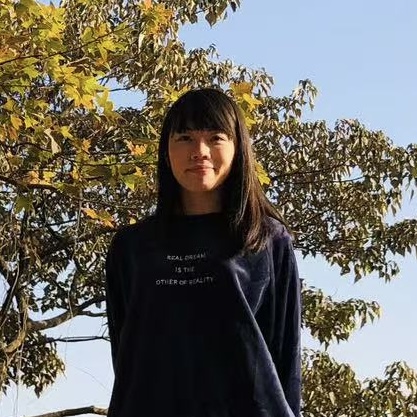
Sarah NG (吳藹庭)
Project Assistant
2025 -- present, B.S. in Business Management (International Management), Cardiff University
Sarah NG joined Wang's Lab as a project assistant since 2025. She mainly provide assistance to Prof. Wang, project and lab activities management.
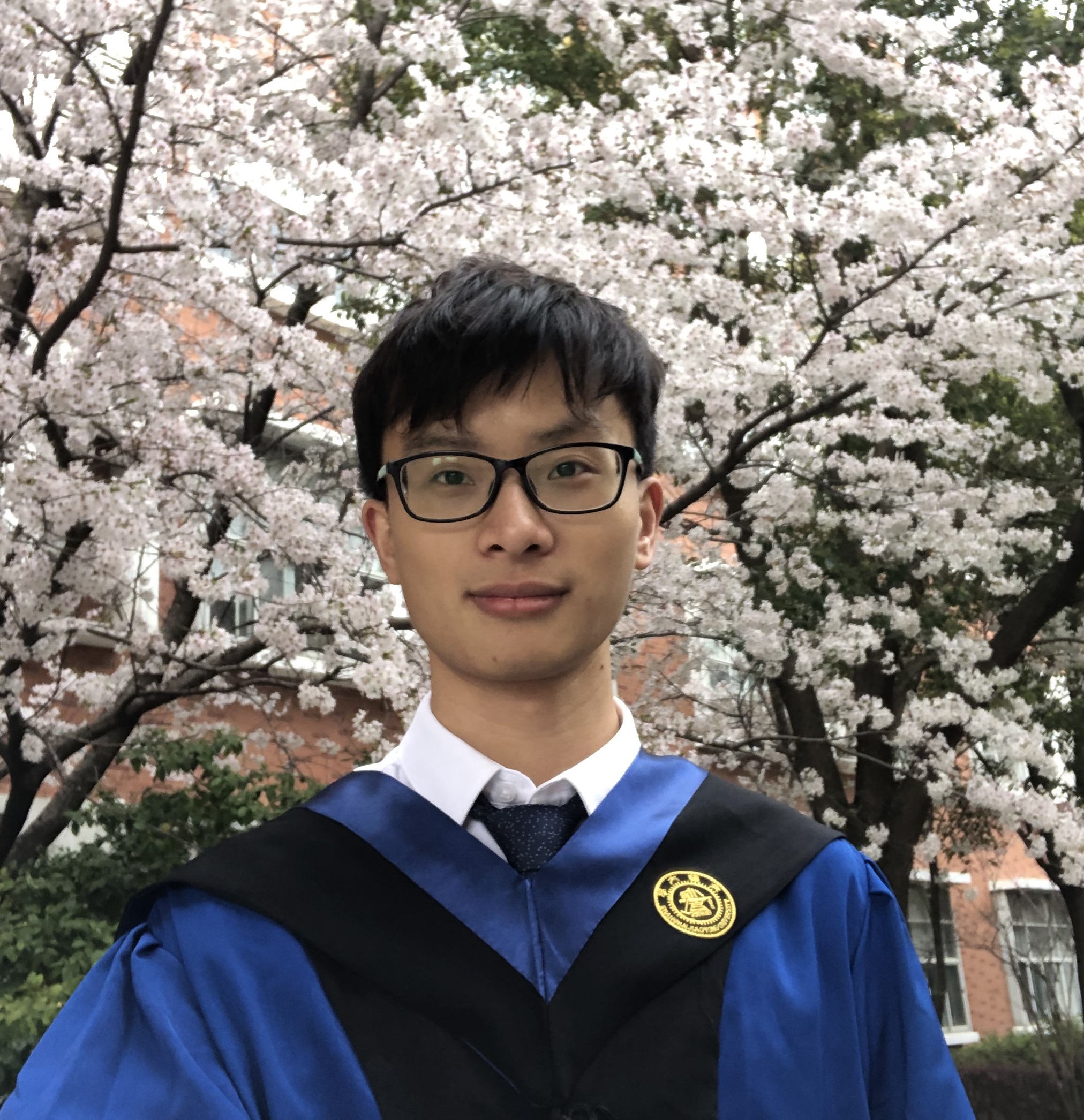
Dong SONG (宋東)
Postdoctoral Researcher
2019.8.15 -- present, PhD in life science, HKUST
Dong SONG is a postdoctoral researcher in Professor Jiguang WANG's group. He obtained his bachelor's degree in bioinformatics at Shanghai Jiao Tong University(SJTU) in 2016, during which he focused on computational chemistry and structural biology. He proceeded with his M.S. study in Professor Haifeng CHEN's lab at SJTU. His M.S. thesis is focused on precise protein force fields developing, in which he built 3 novel well-performed force fields. He completed his Ph.D. study in Professor Jiguang WANG's group in 2024. His current research interest is mechanism revealing of cancer and functional prediction of ncRNA.
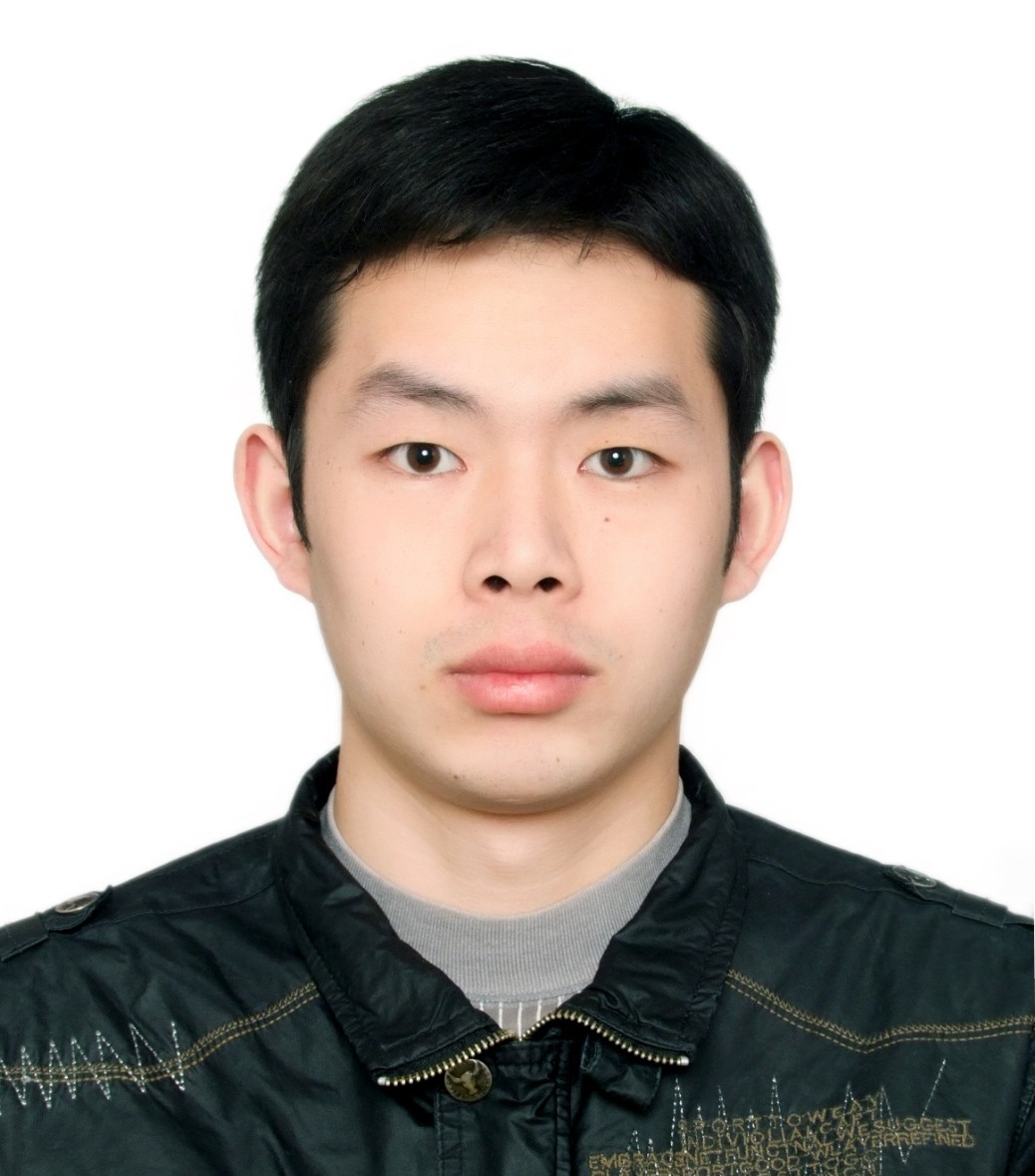
Fuqiang MA (麻富强)
Postdoctoral Researcher
2025.6.16 -- present, PhD in Genetics, Beijing Institute of Genomics, CAS
Fuqiang Ma is a postdoctoral researcher in the Wang Lab. He earned his Bachelor’s degree from Henan Agricultural University and his Master’s degree from China Agricultural University. In 2018, he completed his Ph.D. at the Beijing Institute of Genomics, Chinese Academy of Sciences, under the supervision of Prof. Chung-I Wu. During his PhD career, he also worked as a Research Specialist in the University of Chicago in 2016. Before joining the Wang Lab in June 2025, he conducted the postdoctoral research with Prof. Chaogu Zheng at HKU. Combining wet lab experiments and dry lab analysis, his research focuses on the development and evolution of tumor cells.
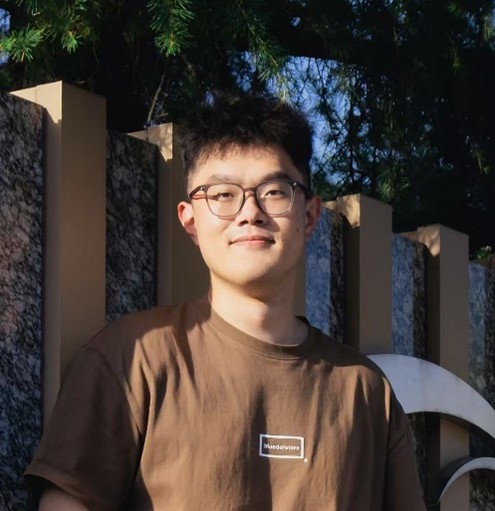
Zhidong YANG (楊智東)
Postdoctoral Researcher
2025.08.29 -- present, PhD in Computer Science, Institute of Computing Technology, Chinese Academy of Sciences
Zhidong YANG is a postdoctoral researcher in the Wang Lab. He obtained his Bachelor's degree in Software Engineering from Northeastern University (NEU, China) in 2019, where he focused on digital media technology and computer vision. In 2025, he completed his Ph.D. at the Institute of Computing Technology, Chinese Academy of Sciences (ICT, CAS, China), under the supervision of Prof. Fa ZHANG. His research mainly focused on deep learning methodologies for biomedical image analysis, foundation model, and bioinformatics.
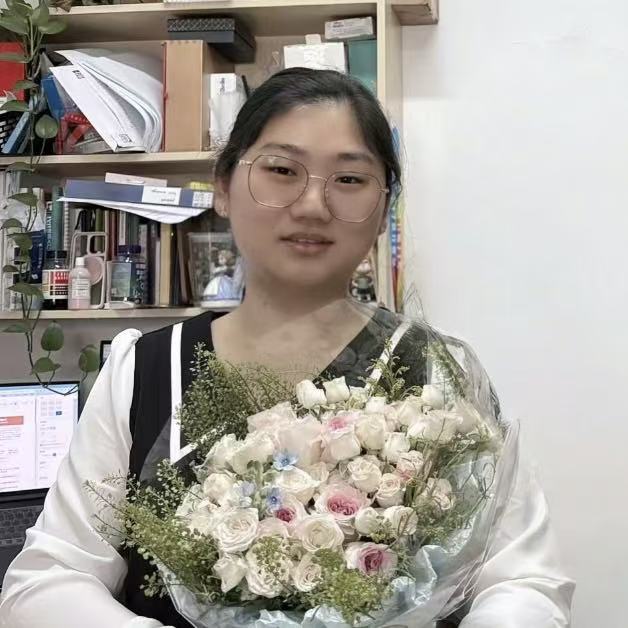
Chunyi HE (何春怡)
Research Assistant
2025.8.26 -- present, M.S. in Public Health, Wuhan University
Chunyi He is a Research Assistant in the Wang Lab. She obtained her Bachelor's degree in Nursing from Peking University in 2022 and her Master's degree in Public Health from Wuhan University in 2025. Currently, her research focuses on the genetic regulation of brain tumors.
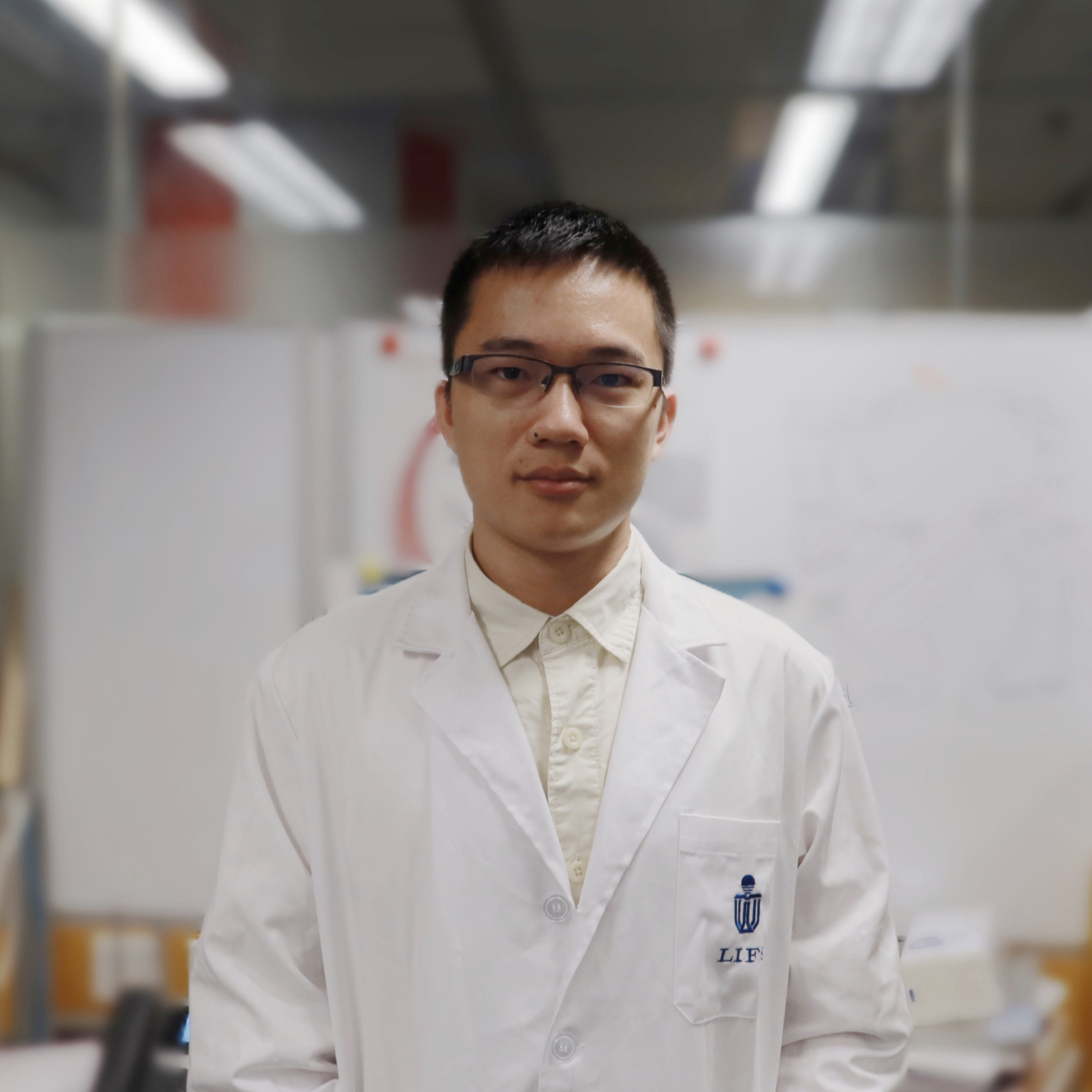
Zongchao MO (莫宗超)
PhD Student
2020.9.15 -- present, M.S. in Biochemistry and Molecular Biology, SCUT
Zongchao MO is a PhD student in Professor Jiguang WANG's group. He obtained his bachelor's degree in Biotechnology and Master degree in Biochemistry and Molecular Biology at South China University of Technology (SCUT) in 2017 and 2020, respectively.
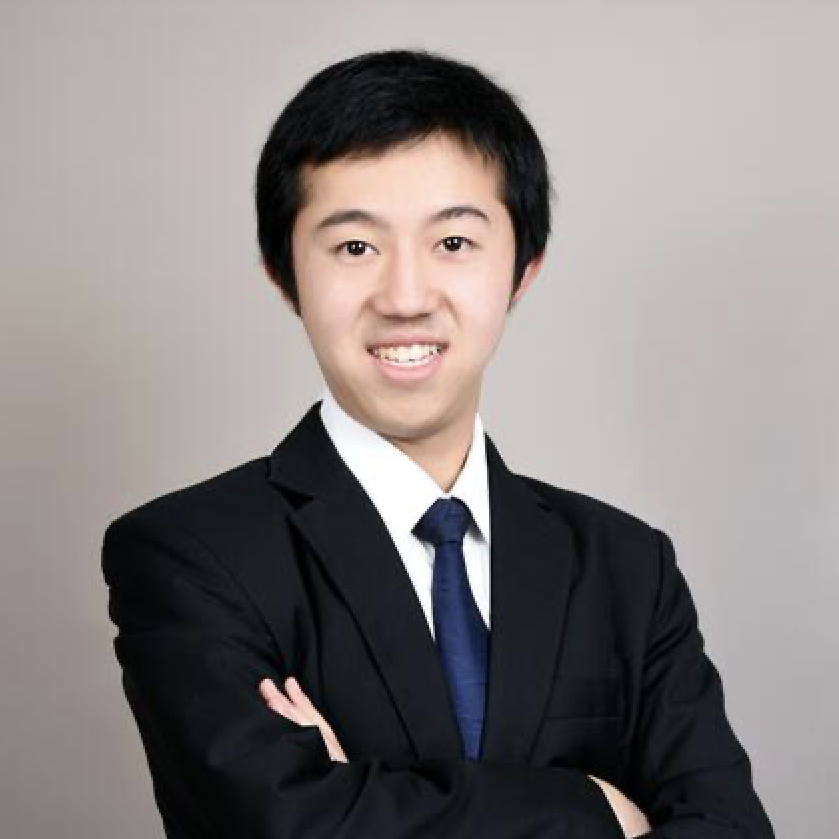
Jiabao LI (李佳寶)
PhD Student (Co-advisor: Dr. Quanhua MU), HKPFS Awardee
2020.8.15 -- present, MPhil in Life Science, HKUST
Jiabao Li is a PhD student in the Wang Lab. He received his Bachelor of Science (Honors) degree in Chemical Biology from Xi'an Jiaotong University, where he focused on modeling and simulation analysis of directed evolution systems under the supervision of Prof. Dan Tan. During his MPhil studies in WangLab@HKUST, he concentrated on the spatiotemporal modeling and computational analysis of brain tumors. Currently, he is focusing on the evolution of brain tumor cells using both computational methods and experimental data.
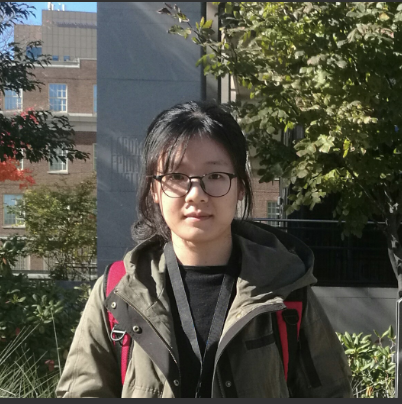
Xiaomeng ZHANG (張曉萌)
PhD Student (Co-advisor: Prof. Can YANG)
2020.9.1 -- present, M.P.H. in Biostatistics, Yale University
Xiaomeng ZHANG is a PhD Student in Professor Jiguang WANG's group. She obtained her bachelor's degree in bioinformatics at Shanghai Jiao Tong University (SJTU) in 2019 and her Master of Public Health degree in biostatistics at Yale University in 2020. Then she was admitted into Department of Date Science and Analytics in Information Hub of HKUST (Guangzhou). Her current research interest is bioinformatical analysis of alternative splicing related to tumor recurrence.
Jihong TANG (唐吉宏)
PhD Student, HKPFS Awardee
2021.8.15 -- present, B.S. in Biology, Nanjing University
Jihong TANG is a Ph.D. student in Life Science (Scientific Computation Concentration) at the Wang Lab. He received his Bachelor's degree from Nanjing University, China. After graduated from Kuang Yaming Honors School in 2020, he worked as a research assistant in Prof. Jianqun CHEN's Lab in the School of Life Science at Nanjing University. He focused on the computational identification of Type II Diabetes-related epigenomic biomarkers during his career at Nanjing University. His current research interest is on brain tumors related computational methods development and analysis.

Mengli YAN (閆夢麗)
PhD Student (Co-advisor: Prof. Yusong GUO)
2022.1.1 -- present, M.S. in Medicine, Peking Union Medical College Hospital
Mengli YAN joined the Wang lab as a PhD student in life science in 2022. Mengli got her Bachelor's degree of science in Medical Laboratory Technology (Pathological Laboratory Technology) at Harbin Medical University in 2017 and then obtained her Mater's Degree of Medicine on Pathology and Pathophysiology at Peking Union Medical College Hospital in 2020. After that, she worked as a research assistant in School of Pharmaceutical sciences, Tsinghua University as a research assistant in Dr.Haidong Tang's lab, mainly worked on treatment of hepatitis B virus infection. Her current research interest is on using both wet lab methods and bioinformatic methods to solve clinical problems, especially about cancers.

Yuyan RUAN (阮鈺燕)
PhD Student (Co-advisor: Prof. Hao CHEN), Red Bird Awardee
2022.8.15 -- present, B.Eng in Computer and Data Engineering, CityU
Yuyan RUAN is a Ph.D. student in bioengineering (scientific computation concentration) at the Wang Lab. She received her bachelor's degree from City University of Hong Kong. She worked on medical image super-resolution supervised by Dr. Yuan Yixuan and Dr. Chen Hao as an FYP student. In her Ph.D. study, she will explore multimodal deep learning models for brain tumor analysis.
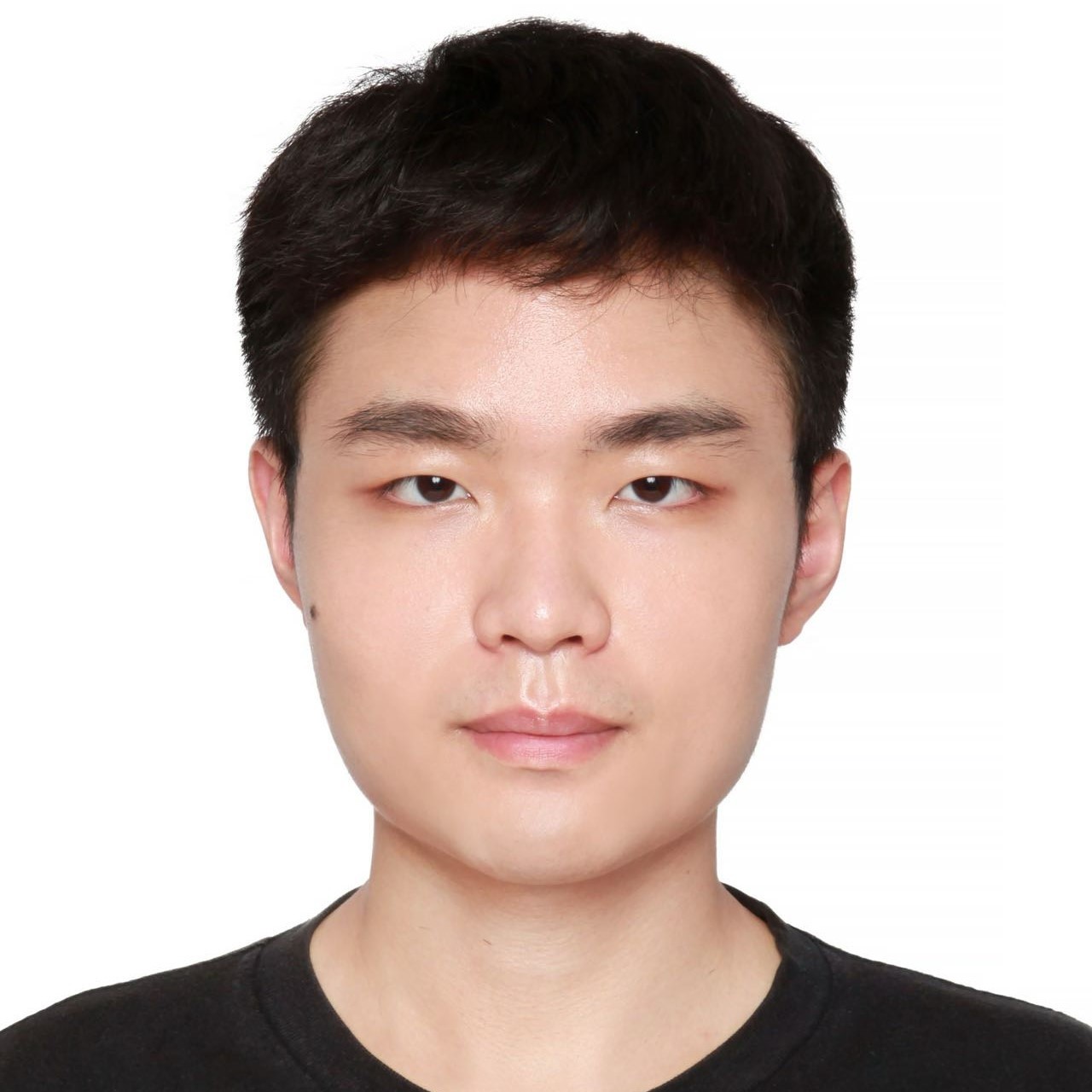
Zhi HUANG (黃智)
PhD Student, Red Bird Awardee
2022.8.15 -- present, B.S. in Mathematics, China university of Petroleum (Beijing)
Zhi HUANG is a Ph.D. student in bioengineering (scientific computation concentration) at the Wang Lab. He received his bachelor's degree from China University of Petroleum(Beijing). His current research interest is on drug combination prediction using multi-omics data.
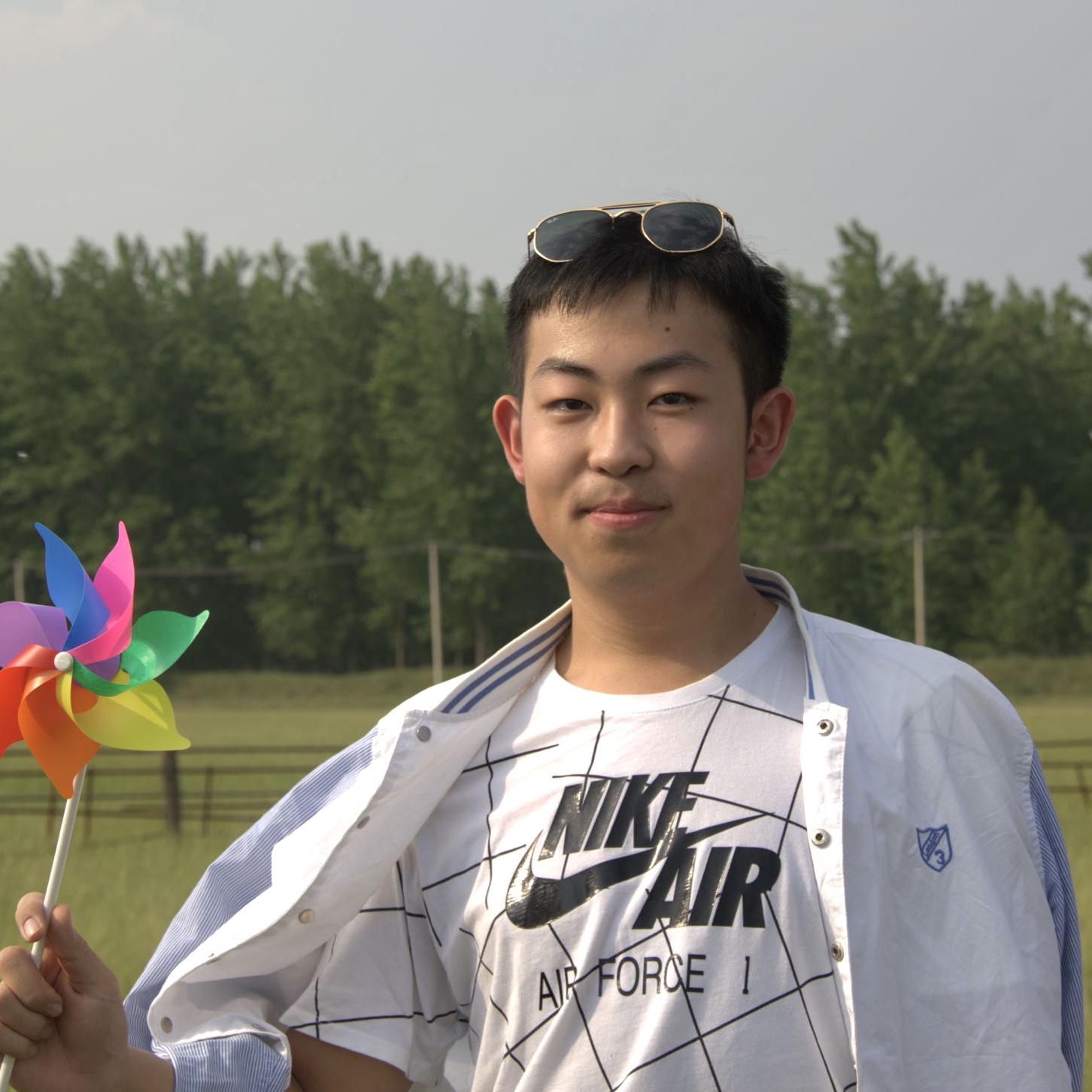
Minghao WANG (王明灝)
PhD Student (Co-advisor: Prof. Hao CHEN)
2023.8.15 -- present, M.S. in Big Data Technology, HKUST
Minghao WANG is a Ph.D. student in bioengineering (scientific computation concentration) at the Wang Lab. He completed his bachelor's degree at Southeast University in 2022. He obtained his Master's degree in Big Data Technology from HKUST in 2023. Currently, his research interests include the application of biological foundation models, medical computer vision, and trustworthy machine learning.
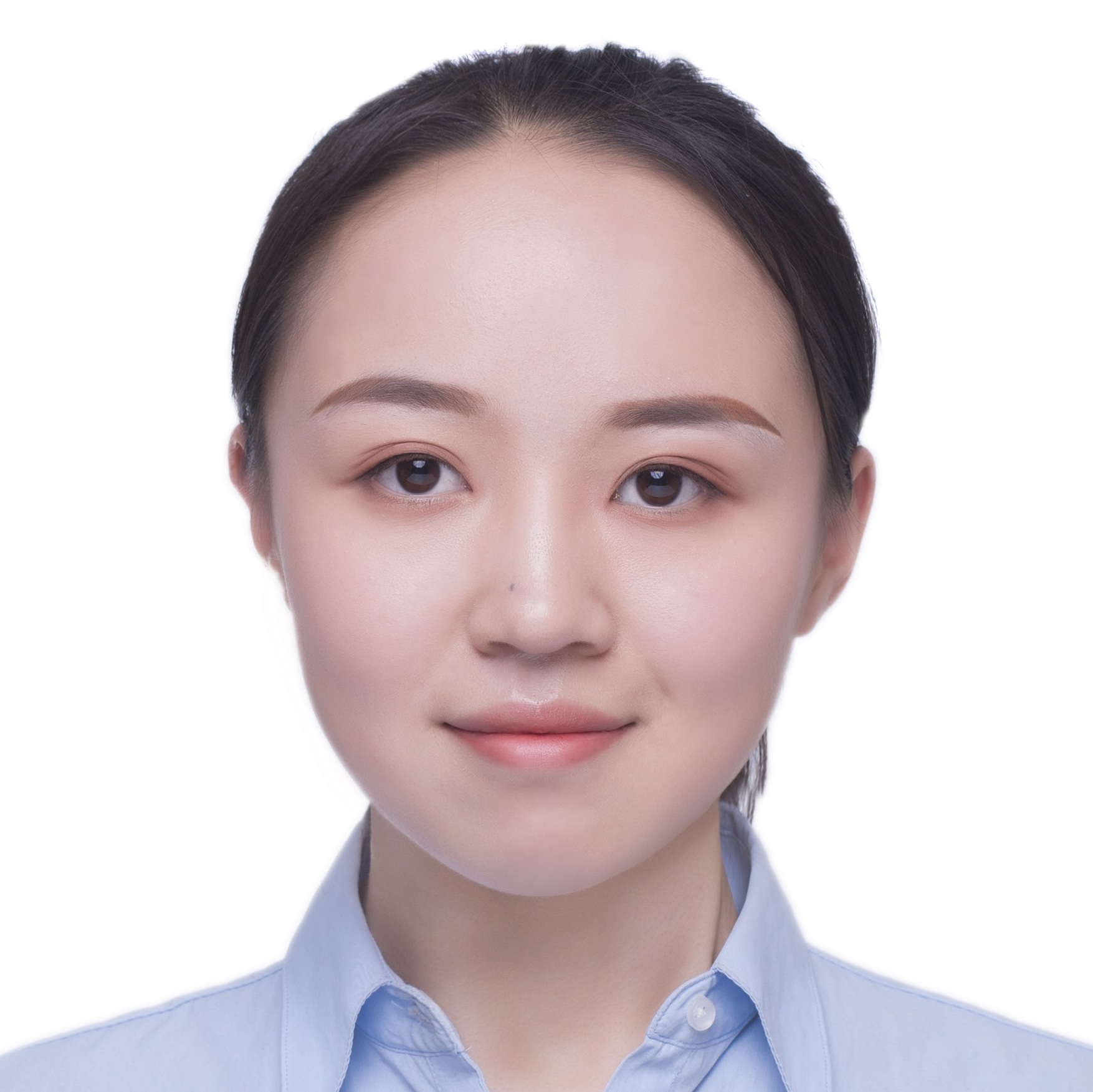
Yimeng QIAO (喬藝萌)
PhD Student
2024.3.18 -- present, M.S. in Software Engineering, Fudan University
Yimeng QIAO is a PhD student in the Wang Lab. Previously, she received her Bachelor's degree in Software Engineering from Shandong University in 2020 and subsequently obtained her master's degree in Software Engineering from Fudan University in 2023. Her master's research focused on AI for Database. Currently, her research interest is the application of deep learning in life science, especially in cancer genomics.
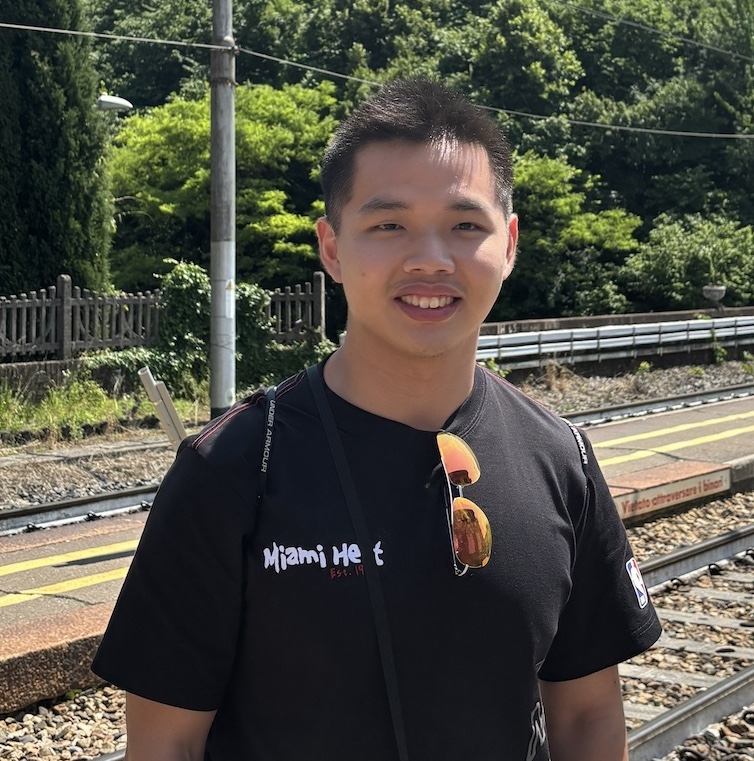
Ran LIU (劉然)
PhD Student, HKPFS Awardee
2024.8.19 -- present, B.S. in Biochemistry and Cell Biology, and in Data Science and Technology, HKUST
Ran LIU joined the Wang Lab as a PhD student in Life Science (Scientific computation concentration). He received his Bachelor's degree in Biochemistry and Cell Biology, and in Data Science and Technology at HKUST. Currently, his research focus on integrative study on cancer multi-omics.
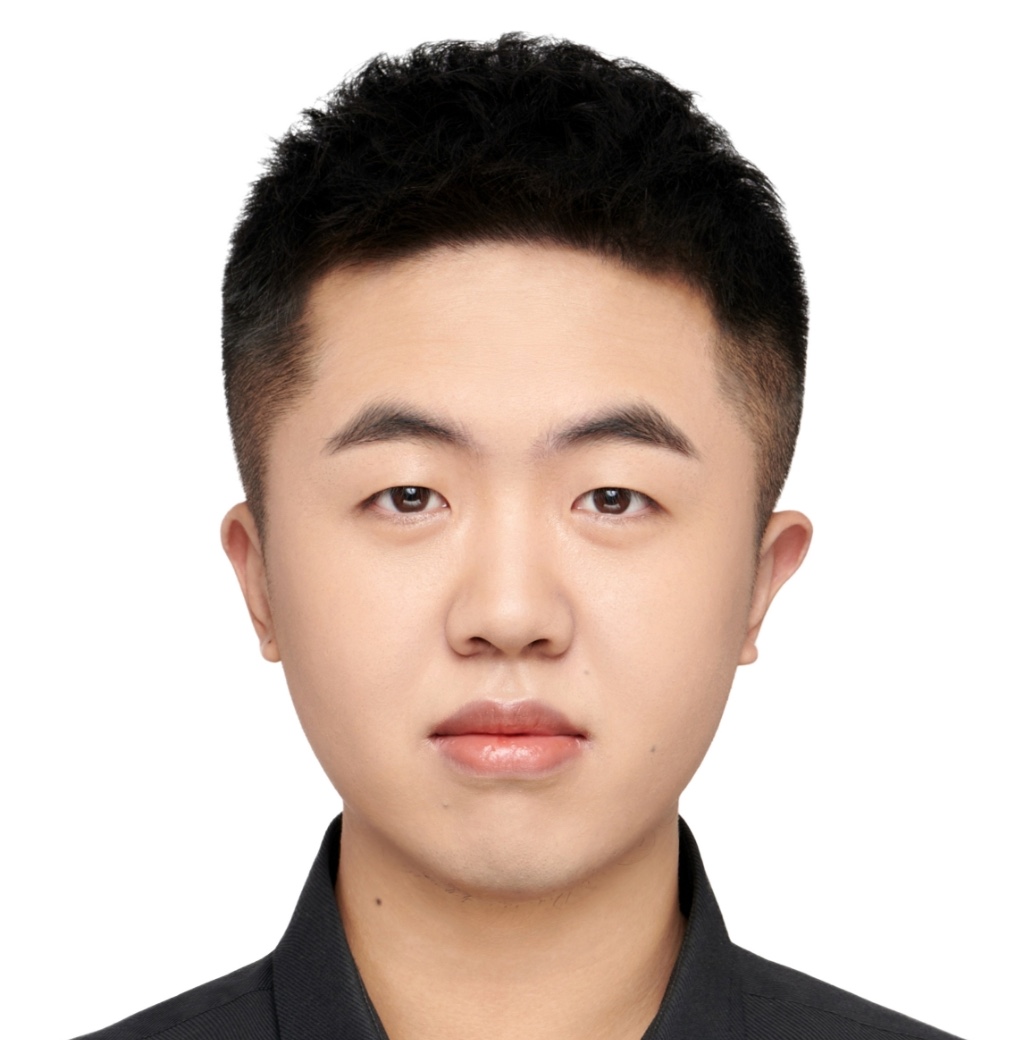
Haoyu WANG (王浩宇)
PhD Student, Red Bird Awardee
2024.8.19 -- present, M.S. in Bioinformatics, Beijing Institute of Genomics, Chinese Academy of Sciences
Haoyu WANG is a Ph.D. student in Life Science (scientific computational concentration) at Wang Lab. He completed his bachelor's degree in bioengineering at Huazhong Agricultural University. He obtained his master's degree in bioinformatics from Beijing Institute of Genomics, Chinese Academy of Sciences. Currently, his research interests include the 3D genomics and cancer genomics.
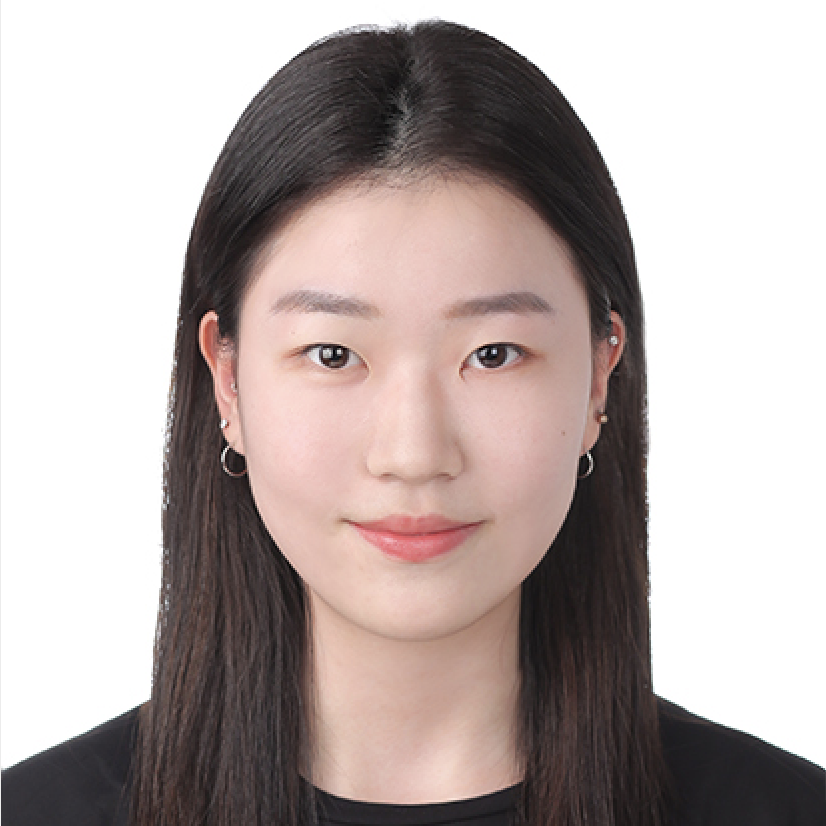
Jooran LEE (李週兰)
PhD Student, HKPFS Awardee
2023.8.15 -- present, MPhil in Life Science, HKUST
Jooran LEE is a PhD student in Life Science (Scientific Computational Concentration) at Wang Lab. She received her bachelor's degree in Bioengineering and her MPhil degree in Life Science from HKUST in 2023 and 2025, respectively. During her MPhil studies, she applied multi-omics approaches to investigate the role of KRAS mutations in arteriovenous malformations and developed a machine learning-based classifier for mutation prediction. Her PhD research focuses on integrative multi-omics studies of brain diseases.

Baoyi LIN (林寶怡)
PhD Student, HKPFS Awardee
2025.8.15 -- present, B.M. in Basic Medical Sciences (National Top-notch Students Training Program), Wuhan University
Baoyi LIN is a Ph.D. student in Life Science (Scientific Computation Concentration) at the Wang Lab. She received her Bachelor of Medicine degree in Basic Medical Science from Wuhan University, China. She focused on characterizing the complete repertoire of DNA binding site and transcriptional programs shaped by the t(8;21)(q22;q22) translocation in leukemogenesis during her career at Wuhan University. Her current research interest is on integrative multi-omics analyses of brain tumors and the development of related computational methods.

Zijie FANG (方子介)
PhD Student
2025.8.15 -- present, M.S. in Computer Technology, Tsinghua University
Zijie FANG is a Ph.D. student in Bioengineering (Scientific Computation Concentration) at the Wang Lab. He received his Bachelor's degree from Nanjing University of Information Science and Technology in 2022. He obtained his Master's degree in Computer Technology from the Tsinghua Shenzhen International Graduate School, Tsinghua University, in 2025, with a focus on weakly supervised learning for histopathological image analysis. His current research interests include the development and application of foundation models in computational pathology.
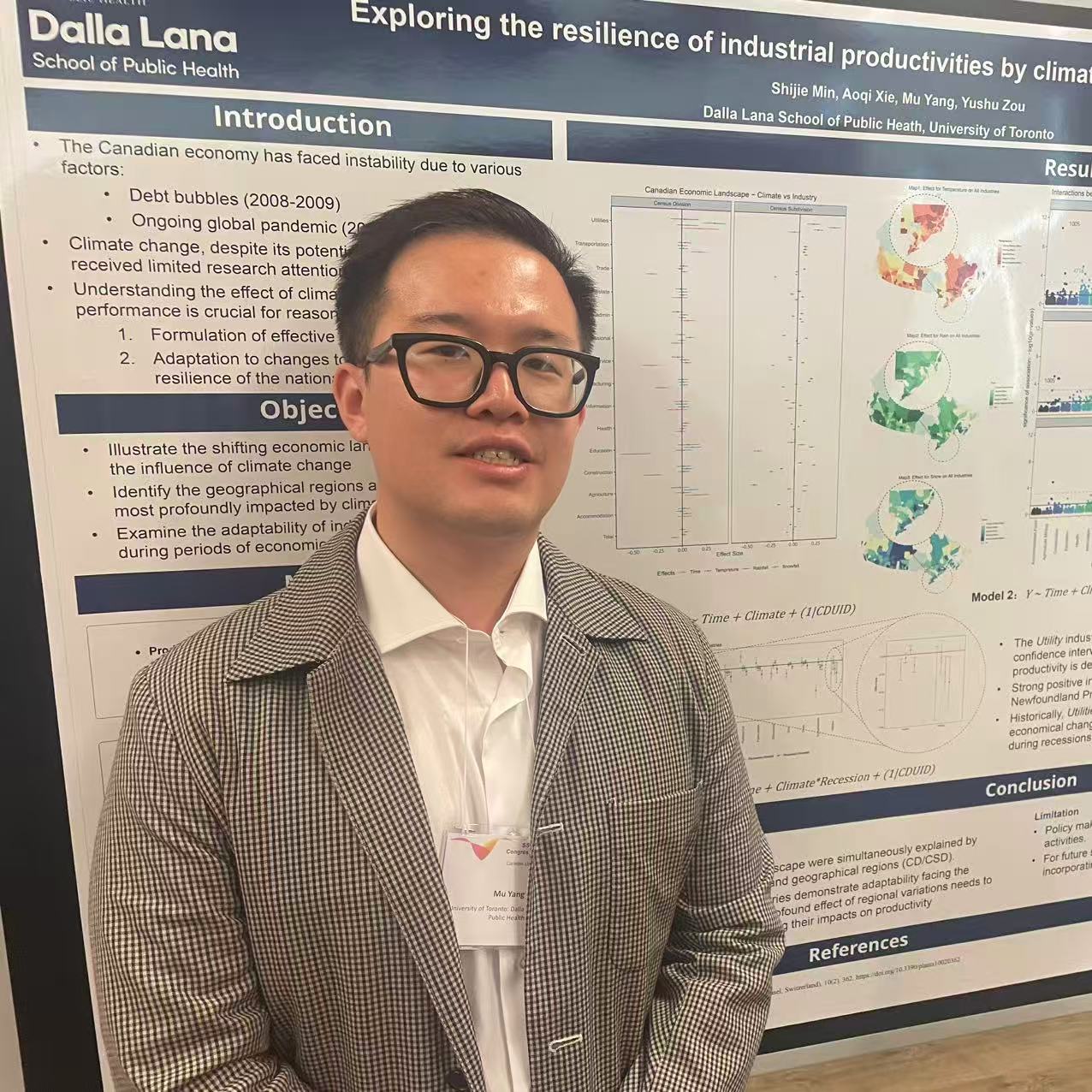
Mu YANG (楊牧)
PhD Student, HKPFS Awardee
2025.8.23 -- present, M.S. in Biostatistics, University of Toronto
Mu YANG joined the Wang lab as a Ph.D. student in Bioengineering (Scientific Computation Concentration). He received his Bachelor degree in Mathematics from University of Waterloo and Master's degree in Biostatistics from University of Toronto. During his time at University of Toronto, his primary research interests included high dimensional data and molecular subtyping. Prior to his doctoral studies, he worked as biostatistician at both McMaster University and University of Waterloo, collaborating with multiple hospitals in Canadian and the U.S. Currently, he aims to further develop his expertise in high dimensional data and explainable AI.
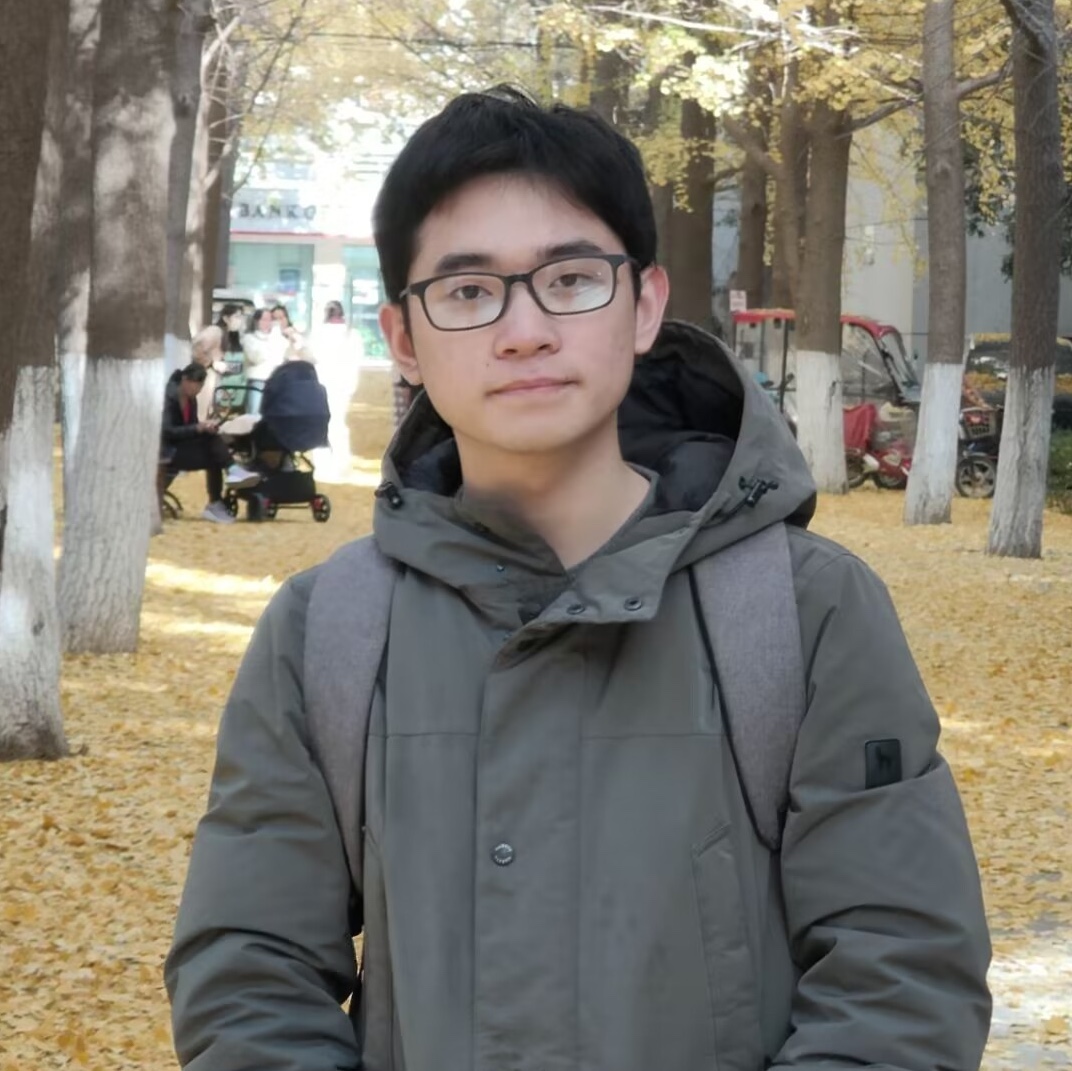
Zhanye ZHANG (張展曄)
Mphil Student
2024.8.12 -- present, B.S. in Bioinformatics, Huazhong University of Science and Technology
Zhanye ZHANG is an MPhil student in the Wang Lab at HKUST. He received his Bachelor's degree in Biological Science with a focus on Bioinformatics from Huazhong University of Science and Technology in 2024 and subsequently worked as a Research Assistant in the Wang Lab. His research interests include biostatistics and multi-omics analysis of complex diseases.
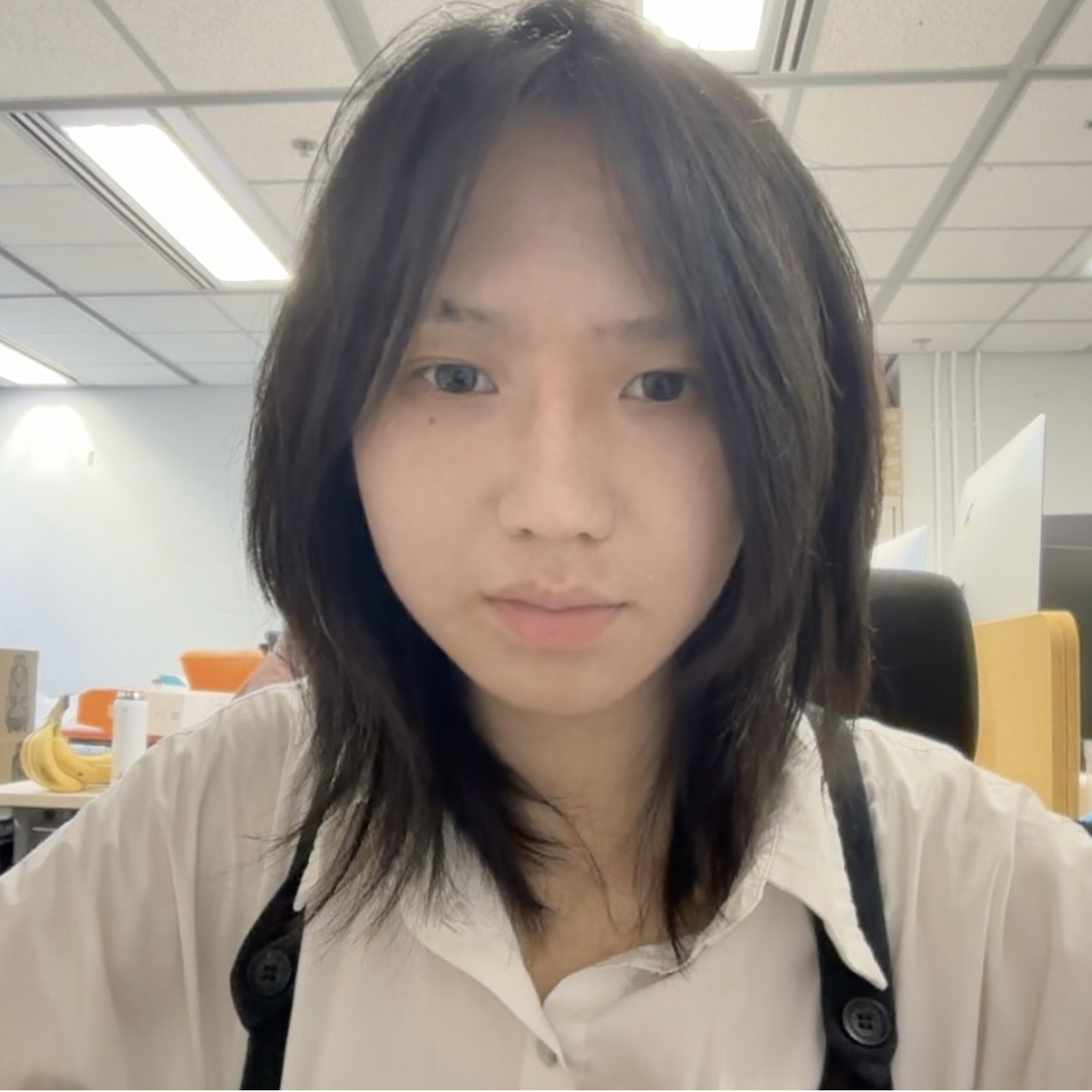
Shengnan YI (易勝男)
MPhil student
2025.8.15 -- present, BSc in Bioinformatics, Dalian University of Technology
Shengnan YI is an MPhil student in Bioengineering (Scientific Computation Concentration) at the Wang Lab. She obtained her bachelor's degree in Bioinformatics from Dalian University of Technology in 2025. Her current research focuses on enhancing the statistical power of GWAS through meta-analysis by incorporating both multiple traits and family history information.
